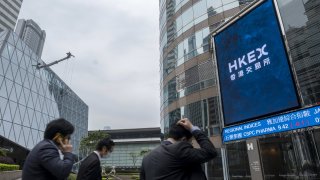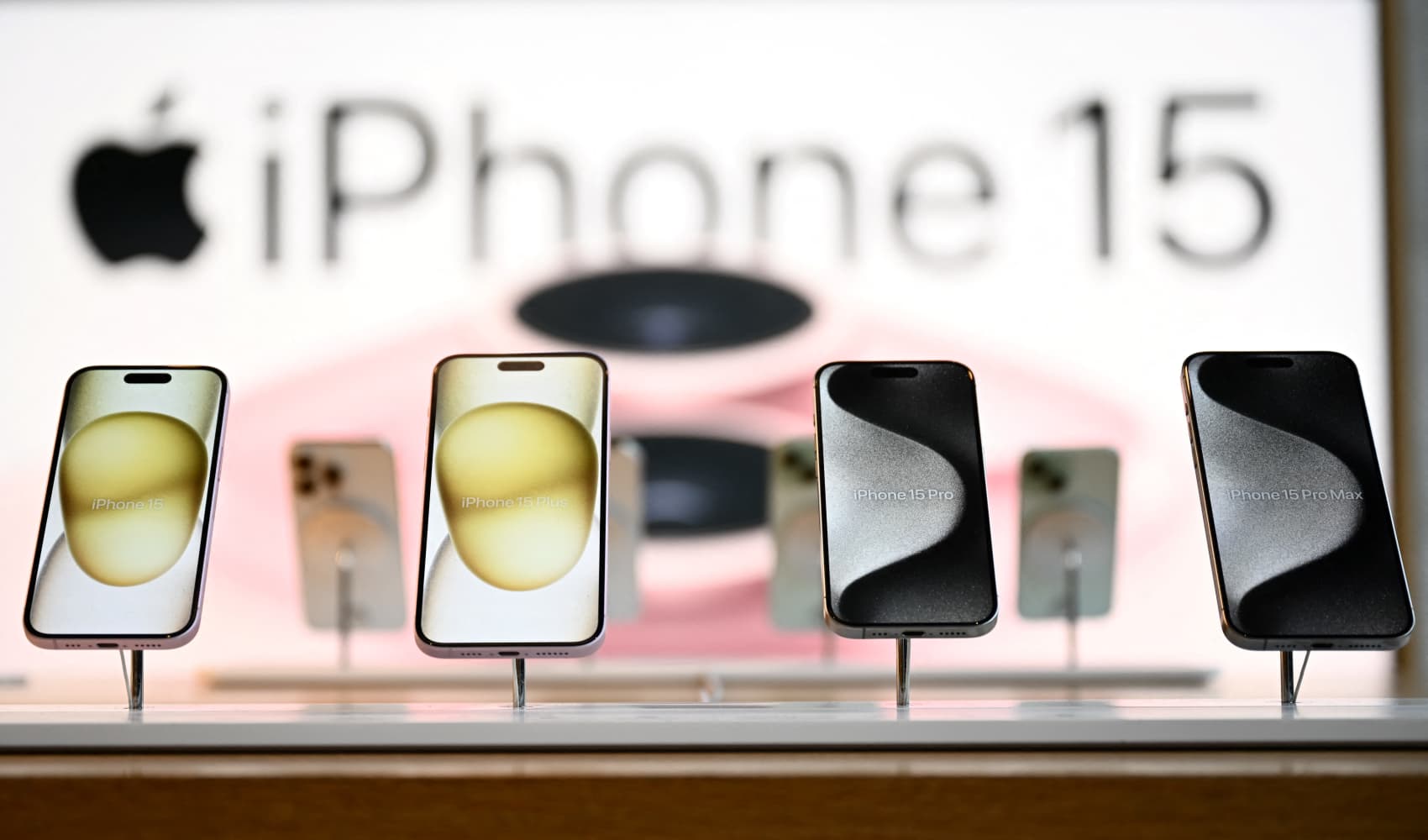
- Hong Kong's market may be "undervalued," but the outlook is still "highly uncertain," says Everbright Sun Hung Kai's Kenny Wen.
- The overall market sentiment remains relatively weak and investors will need time to digest the recent round of policy tightening on the tech sector, Wen said.
- Stocks around the world have seen a choppy start to the final quarter of 2021 amid lingering concerns about rising bond yields and the debt crisis of Chinese property developer Evergrande.
Hong Kong's market is currently undervalued, but conservative investors may want to stay on the sidelines for now before dipping their toes back in, said Kenny Wen from Everbright Sun Hung Kai.
"If you are relatively conservative, I would say you can take a wait-and-see approach, especially if you're already holding 40%, 50% stocks," Wen, wealth management strategist at the firm, told CNBC's "Street Signs Asia" on Wednesday.
Feeling out of the loop? We'll catch you up on the Chicago news you need to know. Sign up for the weekly Chicago Catch-Up newsletter here.
He said the market, driven by sentiment surrounding issues such as debt-ridden developer China Evergrande Group, is "still highly uncertain."
To investors who are "relatively aggressive," Wen said: "I do agree now the Hong Kong market is undervalued, so you can start to build up your portfolio."
As of its Wednesday's close, the benchmark Hang Seng index in Hong Kong was around 23% lower than its February high. In the third quarter alone, the index tumbled nearly 15% for the period.
Money Report
The investment outlook in Hong Kong remains "highly uncertain" as the stock market — particularly institutional investors — will need time to digest different factors such as China's policy tightening on tech stocks as well as uncertainties surrounding indebted property giant Evergrande, Wen said.
For those looking to buy "highly volatile" stocks such as those in the new economy space, the strategist warned that U.S. Treasury yields have been on the rise and are likely to weigh on the tech sector. Some examples of new economy stocks include those in technology, while those in sectors such as utilities are typically classified as old economy shares.
"I think the tech sector will remain fairly volatile," Wen said, warning investors against being "too aggressive" on technology shares in the coming weeks or months.
The benchmark 10-year Treasury yield recently crossed 1.5% and has largely stayed above the level since. Higher bond yields can hit tech stocks — when interest rates rise, they make the company's future cash flows less valuable, and their shares appear overvalued.
The rise in bond yields comes as the U.S. Federal Reserve prepares to scale back bond purchases in the months ahead, usually a precursor to future rate hikes.






